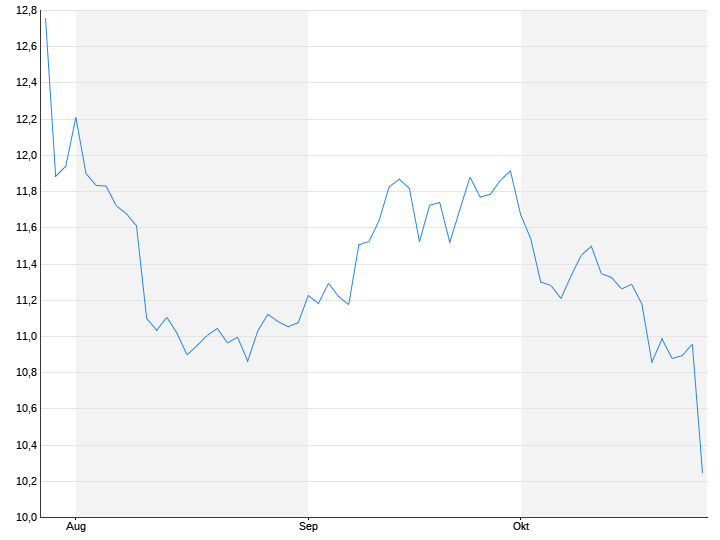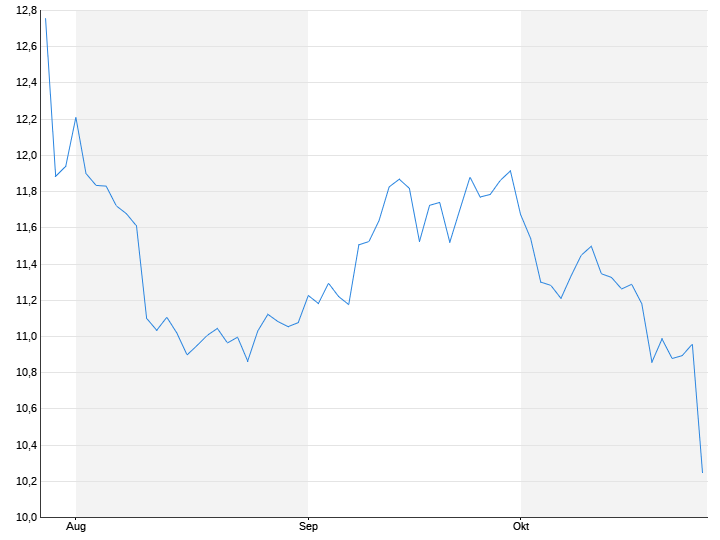Increase of 25 percent
US auto union and Ford negotiate collective bargaining agreement
October 26, 2023, 7:33 a.m
Listen to article
This audio version was artificially generated. More info | Send feedback
Six weeks ago, the United Auto Workers union began its industrial action in one of each of the three major US car manufacturers’ plants in Detroit. Their demand: 40 percent more salary. An agreement is now on the table with the first manufacturer.
There is movement in the collective bargaining dispute in the US auto industry in Detroit that has been going on for weeks. Ford and the UAW union announced an agreement that night – but it still has to be approved by union members. Meanwhile, negotiations with General Motors and Stellantis continue.

Ford and the labor side agreed to a wage increase of 25 percent over the multi-year term of the collective agreement, UAW Chairman Shawn Fain said in a video message. It is a bigger jump than in all previous collective bargaining rounds in the past 22 years. Starting salaries are expected to increase by 68 percent.
In the first step, once the deal is confirmed, employees will receive an eleven percent increase, the UAW announced. She called on Ford employees to get back to work. This should also increase the pressure on General Motors and the Peugeot group Stellantis, which in the USA includes Chrysler, among others.
US President Joe Biden, who was also among the strikers, welcomed the agreement. The UAW’s original demand was 40 percent – because the income of the top management of the large car companies had grown by this amount. Before the strike began, car manufacturers were ready for increases of up to 20 percent over a period of four and a half years. The union decided to gradually expand the strikes to other plants. This meant that the companies did not know which of their factories might be affected next.
The labor dispute began six weeks ago with strikes at one of each of the three car manufacturers’ plants. Meanwhile, more than 45,000 employees in eight plants and several other locations took part in the strikes. Economic losses from the UAW strike total $9.3 billion, according to Anderson Economic Group estimates.
